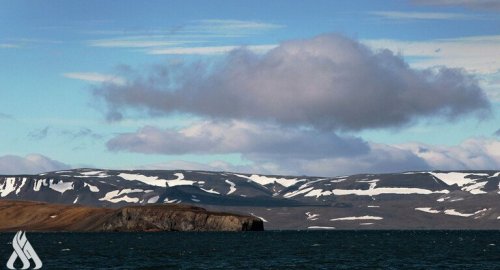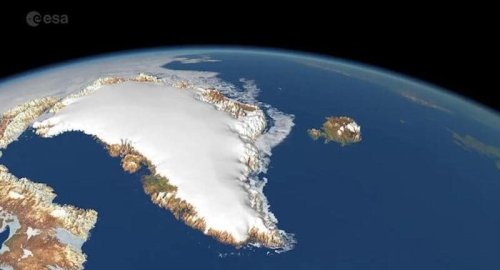
An astronomer does not rule out the beginning of a new ice age

- 11-06-2021, 11:34
Follow - INA
Alexei Uskin, a researcher at Moscow University, announced that solar activity in recent years has changed unexpectedly, which may lead to the beginning of a mini-ice age instead of global warming.
He says, "Currently we observe in the years of solar activity, a decrease in its upper limits. It is said that this may not be comfortable...Now we are talking not only about global warming, because who knows this may lead to global cooling, as happened in the seventeenth century That is, the Thames will be covered with ice, but it is difficult to imagine what will happen in Russia."
Oskin notes that, according to studies of sunspots, a decline in solar activity was observed during the entire seventeenth century. According to the conclusions of the astronomer Edward Maunder, who studied at the end of the nineteenth century, the records of previous astronomers.
According to him, the seventeenth century was marked by a sharp drop in temperatures, as the Thames froze in England, and August snow fell in Russia, which caused a drop in agricultural crops and the loss of 15% of its population. And the inhabitants of the Netherlands in that period invented skis and wind sleds, which they used to transport goods on the ice of the North Sea from one port to another.
"Right now it's laughable, because the North Sea hasn't froze for decades, and maybe its coasts just froze," Oskin says.
First joint picture of Greenland Ice Sheet melting, ESA
- Multimedia
- 09:28
US Central Command: We killed ISIS terrorist leader Abu Yusuf in Syria
- International
- 24/12/20
Liverpool compete with Real Madrid to sign Olympique Lyonnais star
- Security
- 24/12/19
ISC, ADX discuss Strengthening Economic Ties
- Economy
- 24/12/16
Iraq assumes presidency of Arab Investment Company’s Executive Board
- Economy
- 24/12/17











